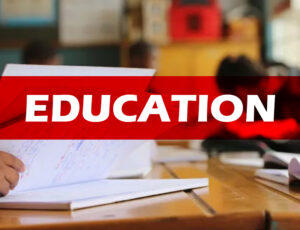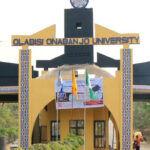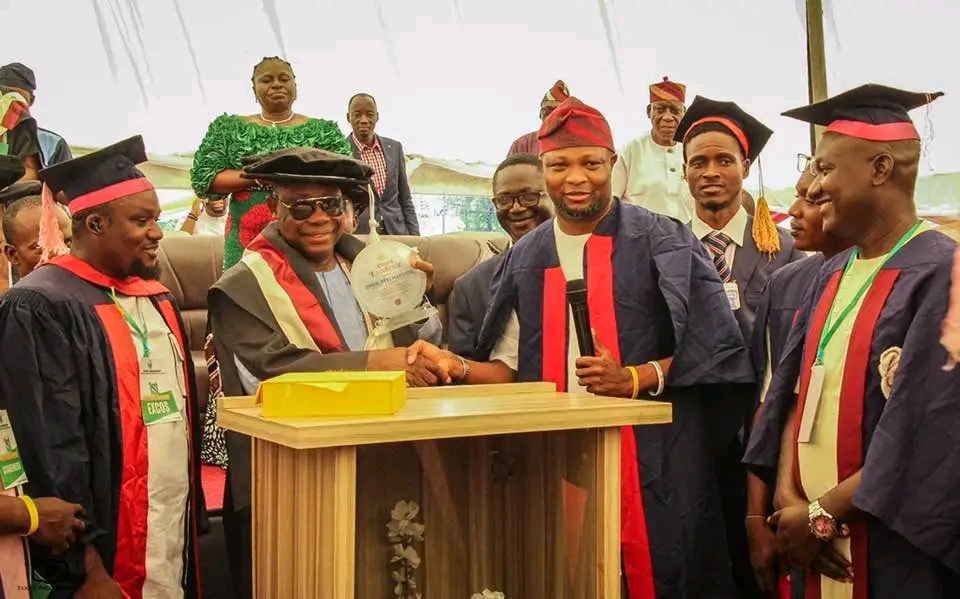Education is a lifelong endeavor of human life, beginning from the earliest stages of birth as a process that lasts until an individual’s lifetime.
A form of learning experience that every individual passes through is regarded as education.
This learning and experiences can come through schools, colleges, universities, and online workspaces among other settings.
Education is simply the process by which skills, values, knowledge, beliefs, and attitudes are acquired through systematic instruction, studying, and training.
Key Aspects of Education
There are many aspects that qualify the concepts of education, from knowledge acquisition, that is learning theories, information, facts, and ideas about a number of concepts and topics to developing various skills in practical abilities and competencies.
Socialization and cultural understanding are where individuals get to learn the beliefs and value systems of society. A form of fostering a sense of belonging and social cohesion is another form of education.
Education encourages the ability to do research and innovative thinking which leads to advancements in knowledge in various fields.
Also, formal and informal learning within the organized structural education and through social experiences is another important aspect of education.
READ The Need for School Security
Strategies for Fostering Education

Education serves as a tool for the development of all levels of society.
This too encompasses actions such as the implementation of policies, individual and corporate investments, the implementation of strategic plans, and putting all hands on deck by stakeholders.
In order for education to play an active role in national development, these key steps help it achieve its goals.
1. Integration of Technology and Digital Literacy
Educational institutions, such as schools, should be equipped with technology and Internet facilities that provide unhindered access to digital technology.
If need be, the curriculum of the education sector should integrate educational technology in order to further enhance digital literacy and productivity in the digital area by students and teachers.
2. Good funding of the Education Sector
The government of the federation should ensure increased and sufficient funding for education either to cater to the needs for infrastructure training and other expenses
Education Funding should take a higher percentage of the budgetary allocation of a country because of its impact on national development
In the same vein, there is a necessity to encourage public investment in the education sector by exploring public-private partnerships.
These partnerships by the private sector, through donations, sponsorships, and partnerships, contribute their quota to the development of education.
3. Educational policies and legislation
The development and formation of policies that allow education to thrive in society are important. These policies give education a priority and address its quality and relevance.
Also, the formulation and implementation of laws that support education development in society is a way of fostering education. Laws such as the right to education and mandatory education for children are examples of this legislation.
4. Early childhood education
Access by children to quality early childhood education is a service as a way of expanding early childhood programs. With this development, the child’s cognitive and social development skills are formulated in the early stages of their lives.
The stakeholders in early childhood education should be subjected to consistent special training in order to deliver developmental learning experiences effectively.
5. Proper Monitoring and evaluation
The initiatives and policies set by educational stakeholders should be subjected to continuous evaluation and monitoring for the identification of success, challenges, and where improvements are needed.
A standard of educational objectives and goals must be set as a metric for measuring the performance of educational progress.
6. Global Partnerships and Collaborations
The resources and expertise of international organizations can be put to use to maximize educational impact on national development.
International scholarships, programs and educational conferences are means of promoting global learning and understanding.
ALSO READ How to Use Google Keep for Note Taking
7. Promotion of Research, Innovation and development.
Research and development efforts helps to drive innovation to the educational sector.
Educational startups should be widely supported in order to provide grants and initiative that aim to enhance the educational sector.
8. Professional Development and training of teachers
The methodologies, skills and awareness of teachers should be invested on by educational stakeholders. This can be done through consistence training of the teachers.
The wellbeing of teachers should be of high priority in order to have their best input in education as a tool of national development.
For More Latest Updates, Follow Our Facebook Page
Don't Miss Scholarships, Post UTME, JAMB and Admissions Updates. Receive news as they break.







